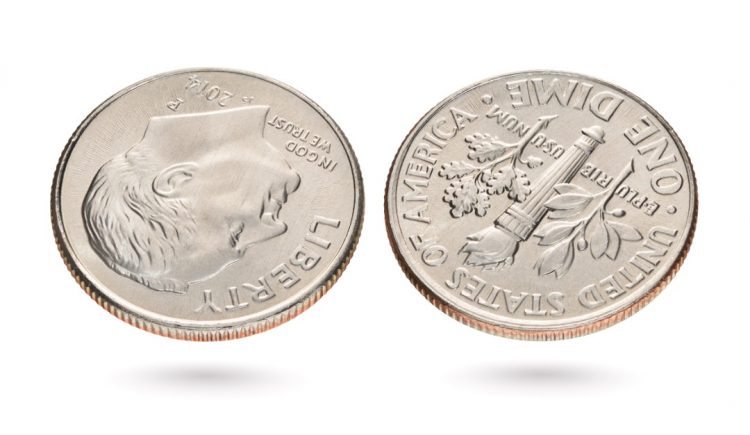These days, most American families are tightening their belts big-time. But long-standing habits are hard to break, and you may be wasting money without even realizing it on things you may never even miss.
- Prepared Foods – Shredded cheese, pre-cut salads and ready-to-cook meals are timesavers that come at a price. Start with scratch ingredients, pick up a chef’s knife, and cook tasty meals at a fraction of the cost you’ve been paying for a little convenience.
- Bottled Water – Harvard University pegs the cost of bottled water as about three thousand times per gallon than tap water. A reusable container will keep you hydrated, save money, and help the environment to boot.
- Lottery Tickets – People buy lottery tickets hoping to strike it rich, but the likely outcome is a total waste of funds. You probably won’t break your budget if you buy a ticket or two when the jackpot gets massive, but buying them regularly is not financially sound.
- Mobile Phone Insurance – Cell phone insurance costs around $10 a month and covers you against damage, loss and theft. But if you’re careful with your phone and have never used the insurance, you’ve been wasting $120 a year.
- Brand Name Products – Store brands and generics are often as effective, taste the same, and contain the same ingredients as branded products at a much lower cost. Try a few each time you shop and you’ll save enough to make it worthwhile.
- Greeting Cards – They’re nice, but a hand-written note is far more thoughtful and a whole lot cheaper than paying $5 or more for a store-bought sentiment.
- Coffee Shop Brews – Ponder this: Making your morning coffee at home could save as much as $1,000 per year.
- Women’s Products – Thanks to an insidious practice known as the ‘pink tax,’ cosmetic and other products marketed directly to women often contain less product but cost more. Before you reach for that bag of pink razors, compare the cost per unit to the gender-neutral version.
- Paper Products – Single-use products like paper plates, napkins and paper towels not only cost money but generate unnecessary waste. Using non-disposables and rolling up your sleeves to wash a few dishes can save a considerable bundle.











